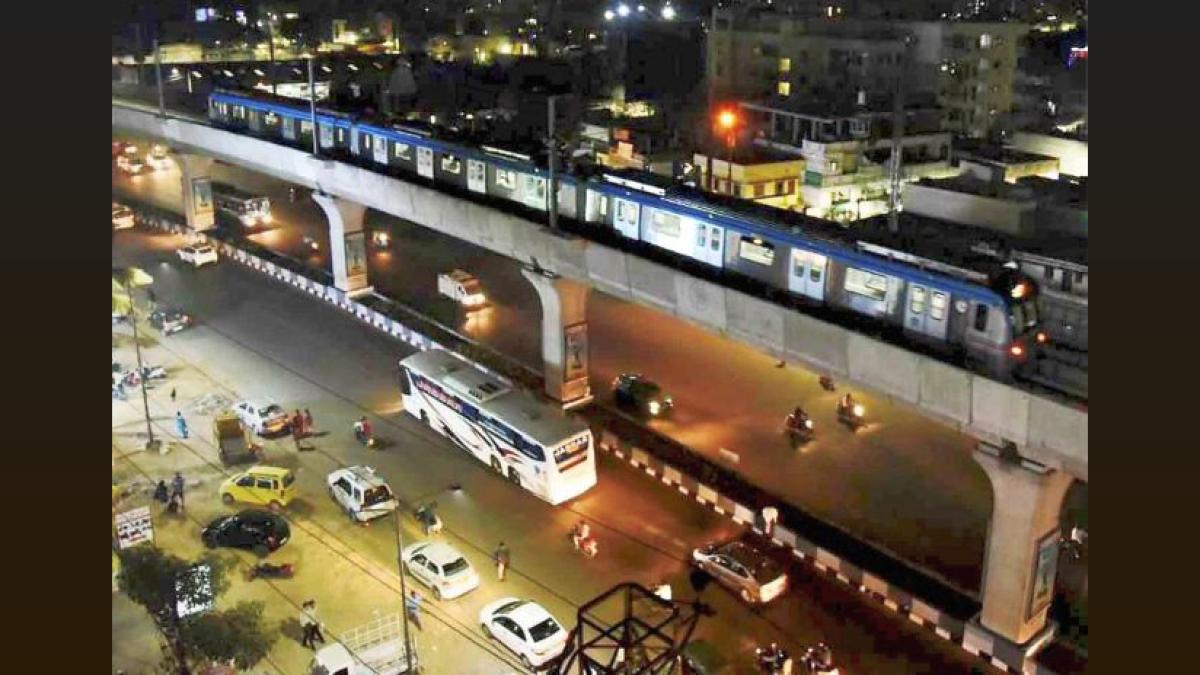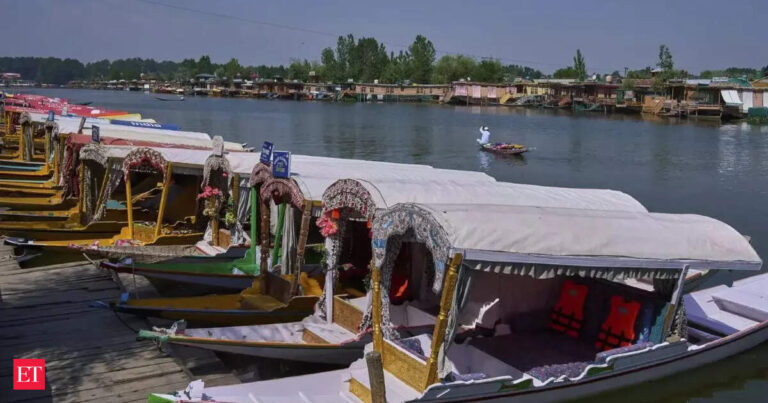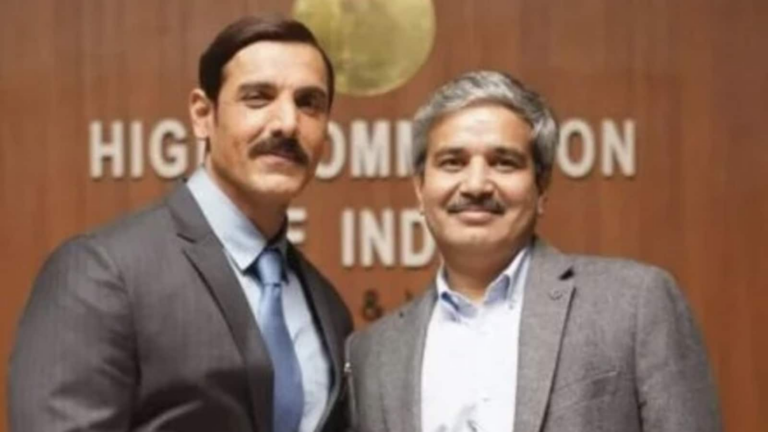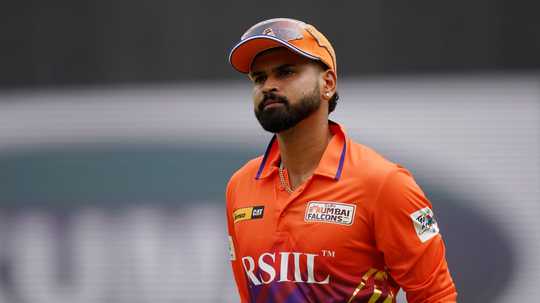Alstom Secures €135 Million Deal to Deliver 96 Metro Cars for Chennai Metro Phase II Initiative
Alstom Secures €135 Million Contract to Enhance Chennai Metro Phase II
In a significant boost to urban mobility in India, French multinational company Alstom has been awarded a €135 million contract (approximately Rs 1,321 crore) by Chennai Metro Rail Limited (CMRL). This contract is for the supply of 96 modern metro cars for the much-anticipated Chennai Metro Phase II. The project not only marks another milestone for Chennai’s public transportation but also aligns with the Indian government’s Make in India initiative, as these trainsets will be manufactured entirely in India.
Overview of Chennai Metro Phase II
Chennai Metro Phase II is set to expand the city’s metro network, which currently consists of various elevated and underground segments. The new phase will be approximately 119 km long, comprised of:
- 76 km of elevated tracks
- 43 km of underground tracks
This extension will operate across three primary corridors and their interconnecting sections, which are crucial for easing traffic congestion in one of India’s fastest-growing metropolitan areas.
Key Features of the Contract
Under the terms of the contract, Alstom is responsible for the following:
- Design and Manufacturing: Alstom will manufacture a total of 32 trainsets, each configured in three-car units.
- Operation Capacity: Each metro trainset is designed to accommodate approximately 900 passengers, significantly enhancing commuter capacity.
- Maintenance Services: The contract includes a comprehensive maintenance agreement for 15 years post-warranty. This service will encompass:
- Cleaning and upkeep of the trains
- Obsolescence management
- Maintenance of machinery at the depot site
Additionally, the metro cars will come equipped with crucial safety and operational features, including train-to-train and train-to-track evacuation capabilities.
Manufacturing Under Make in India Initiative
In a move that underscores the Indian government’s push for local manufacturing, Alstom has committed to producing these metro cars at its facility in Sri City, Andhra Pradesh. This initiative aligns with both the Make in India and Atmanirbhar Bharat campaigns, aimed at boosting India’s manufacturing sector and reducing reliance on imports.
Olivier Loison, Managing Director of Alstom India, expressed enthusiasm regarding the contract, emphasizing the company’s ongoing commitment to advance Chennai’s urban rail mobility: "This new contract strengthens our association with CMRL in helping modernize Chennai’s urban rail mobility landscape."
Alstom’s Progress in Chennai
Alstom’s involvement in Chennai Metro began back in 2010 when the company secured its first contract with CMRL. Since then, it has made significant contributions to the city’s metro infrastructure:
- Previous Deliverables: The company delivered 208 metro cars for Phase I, which laid the groundwork for the current expansion.
- Current Projects: Presently, Alstom is in the process of constructing 108 driverless metropolis metro cars connecting Poonamallee Bypass to Light House. This route features a total of 30 stations, with 18 being elevated and 12 underground.
A Step Towards Sustainable Urban Mobility
The introduction of these new metro cars is expected to have a profound impact on Chennai’s transportation ecosystem. With rising urban populations and increasing traffic congestion, efficient public transport solutions are more crucial than ever. The metro system not only reduces traffic on the roads but also contributes to lower carbon emissions, presenting a more sustainable mode of transportation.
Alstom’s latest contract highlights the growing importance of modern, efficient public transport systems in urban areas around the world. As cities like Chennai continue to expand, investments in such infrastructure are essential for ensuring a seamless, eco-friendly commute for residents.
Conclusion
The award of this €135 million contract marks another significant chapter in the evolution of Chennai Metro. By manufacturing the new trainsets locally, Alstom is not only adhering to India’s broader industrial policies but is also set to make a lasting impact on the urban landscape. As the project unfolds, residents and commuters in Chennai can look forward to a more efficient, reliable, and sustainable commuting experience that aligns with global standards. With such developments on the horizon, Chennai is poised to become a model for future urban mobility initiatives across India.






